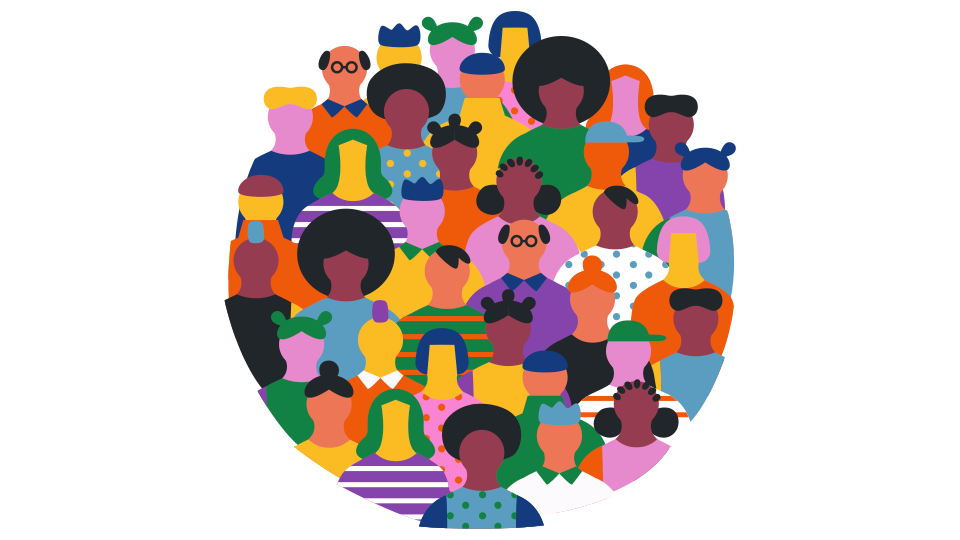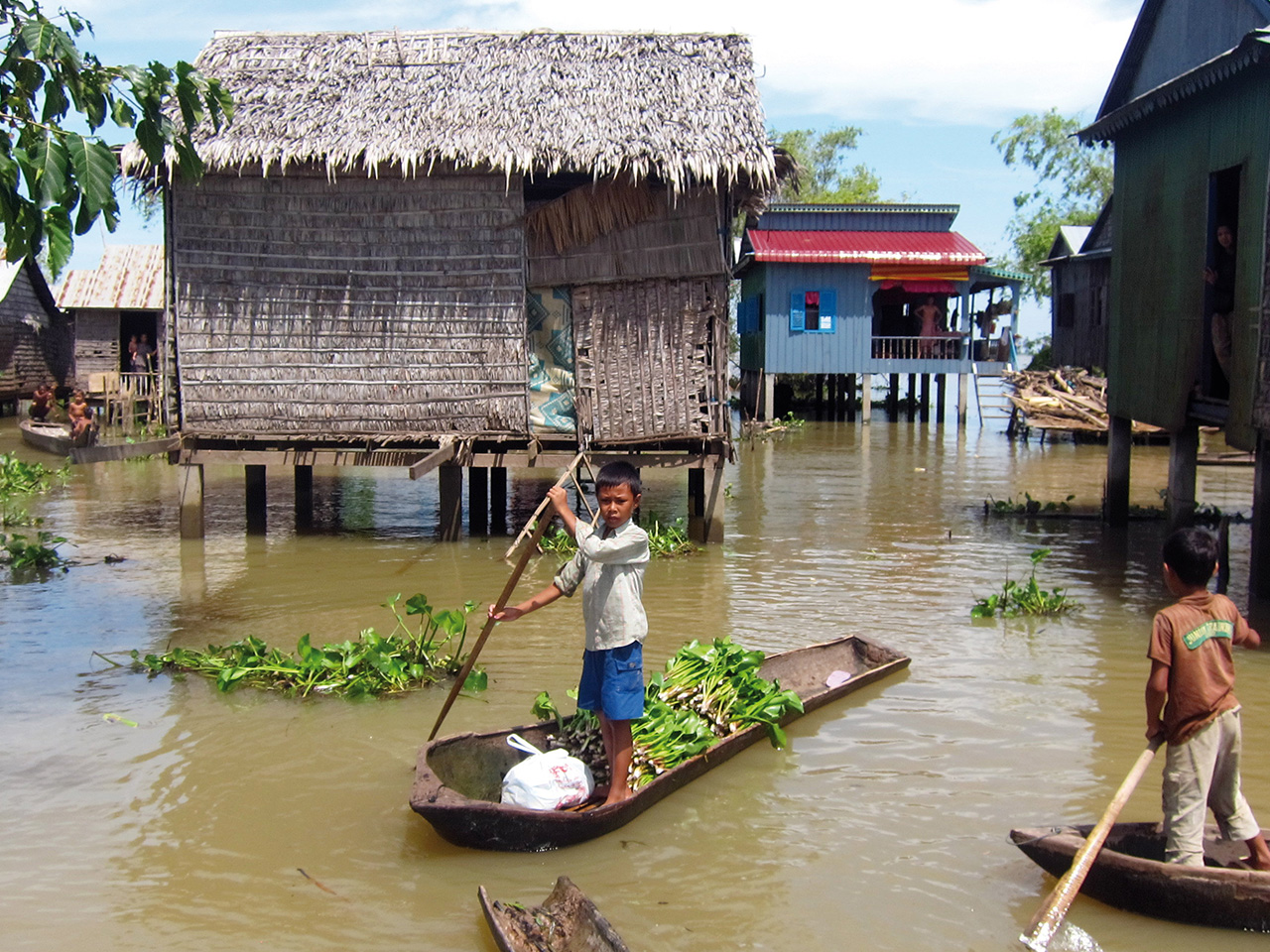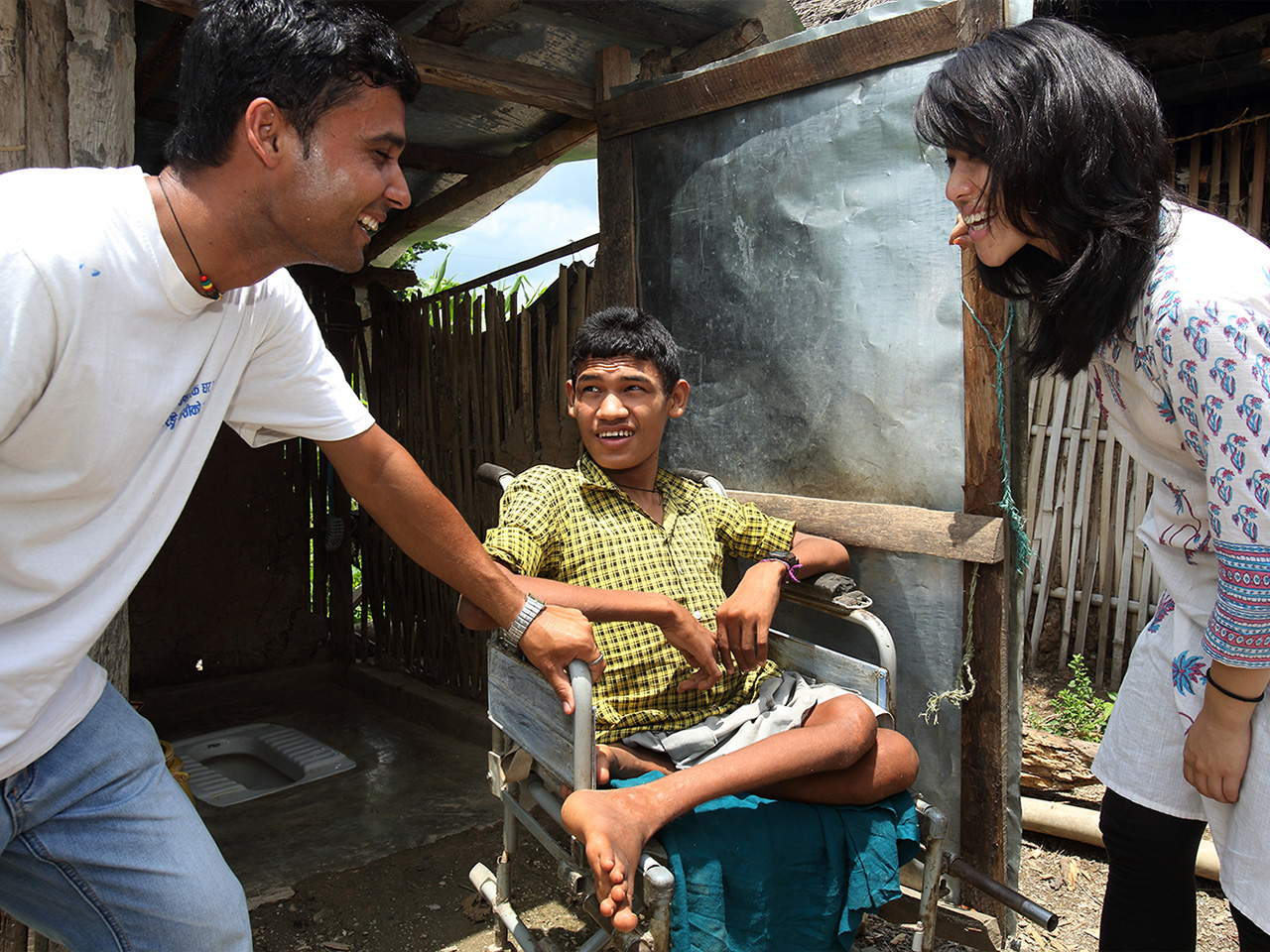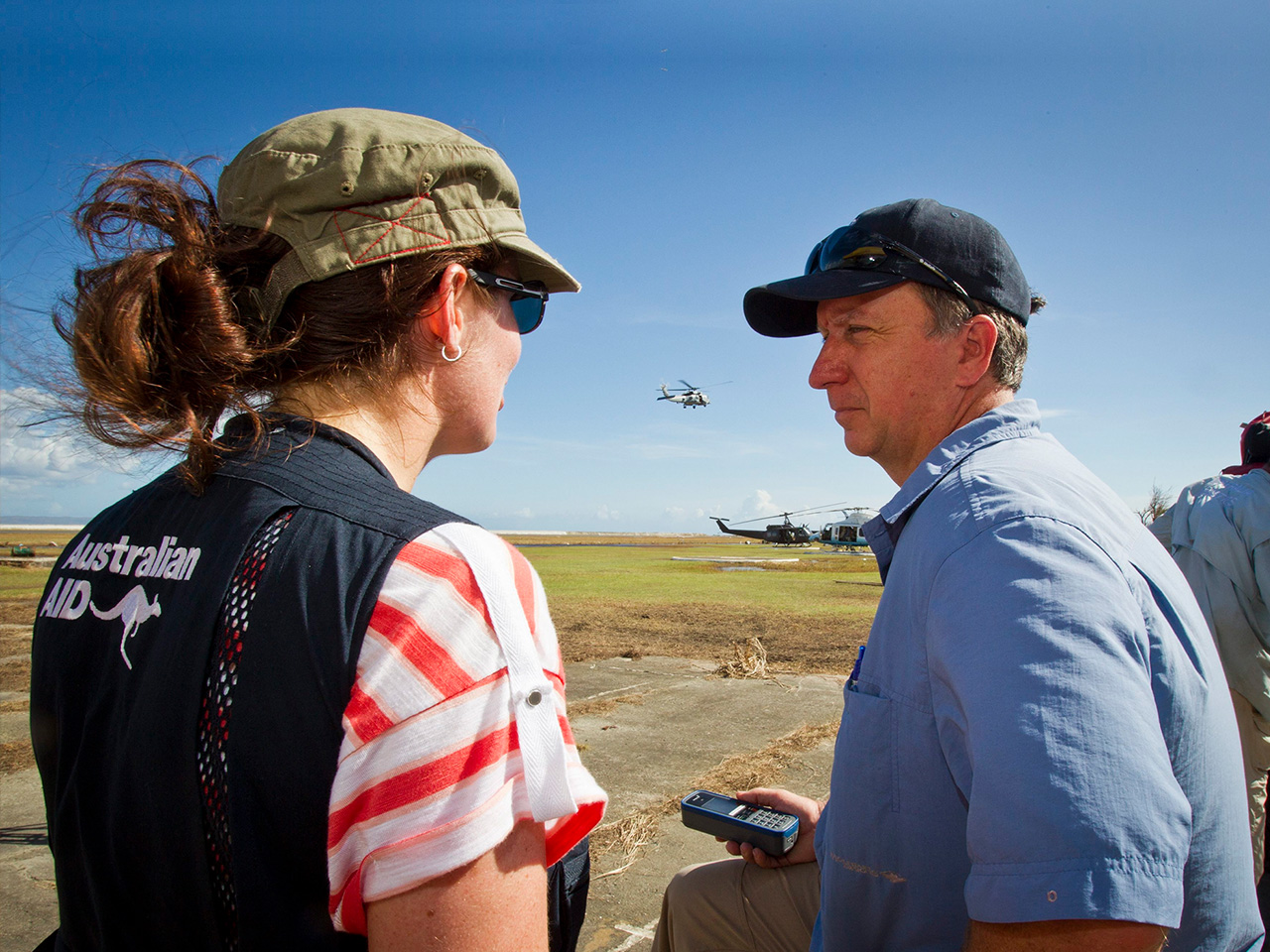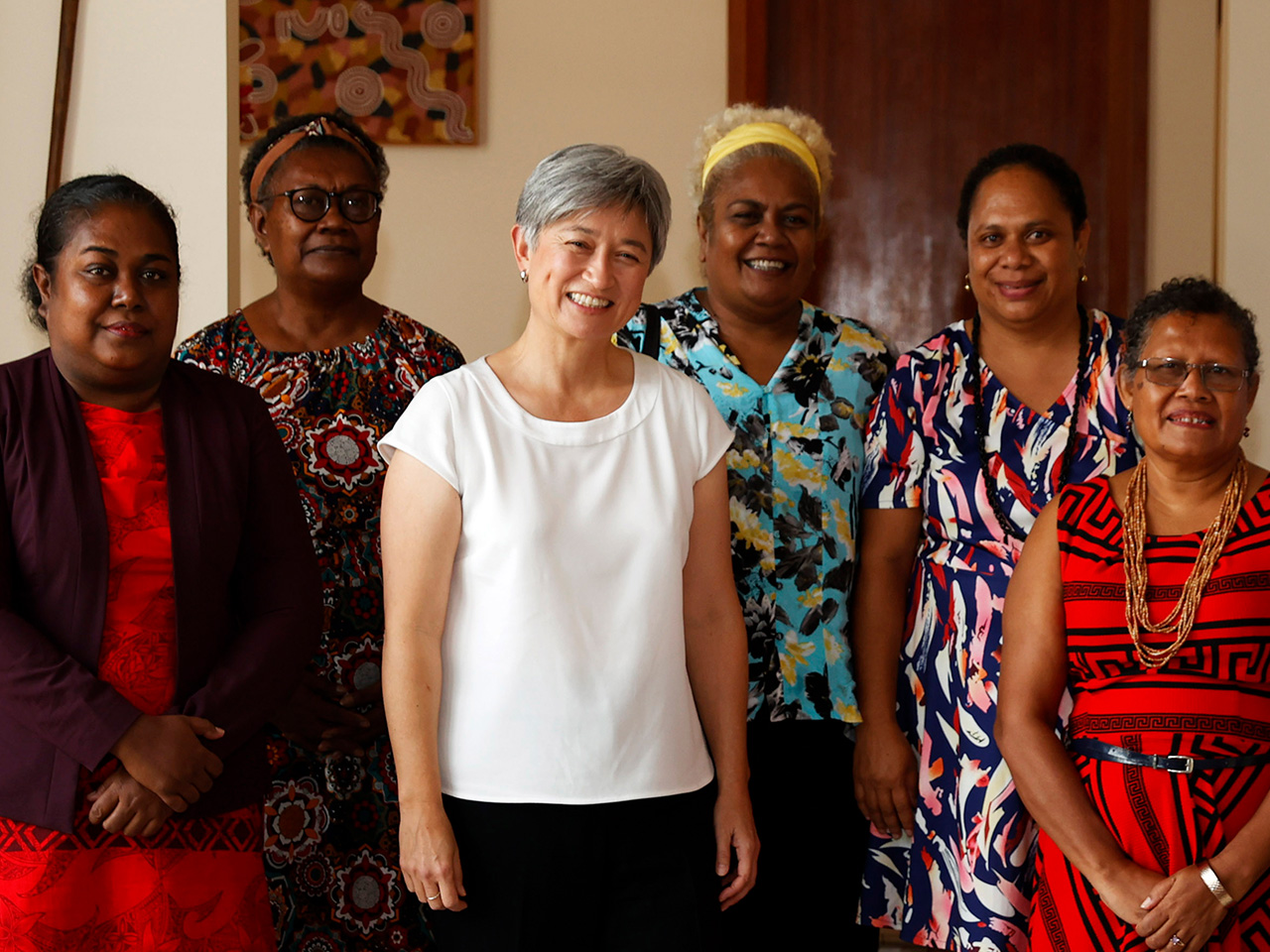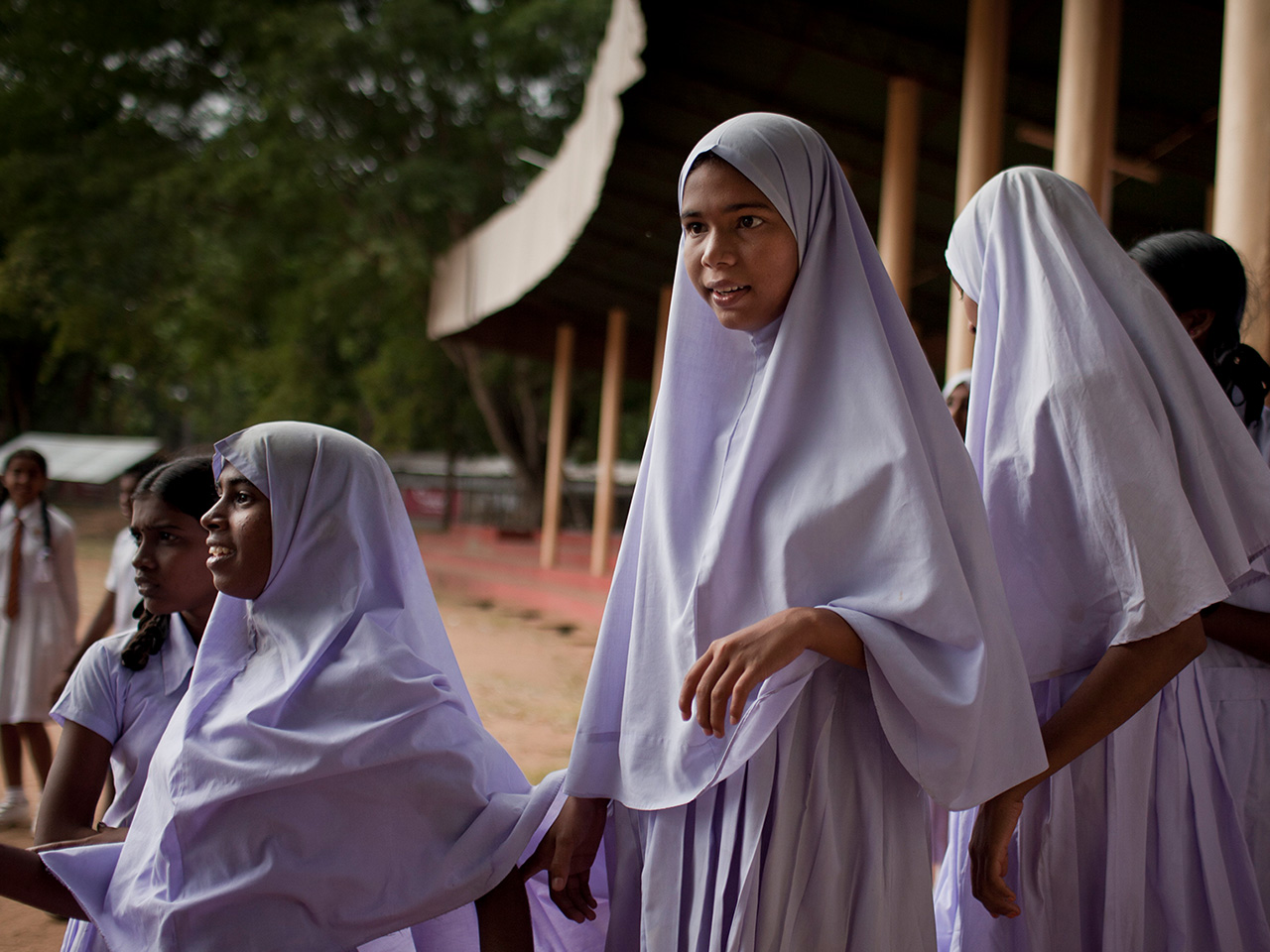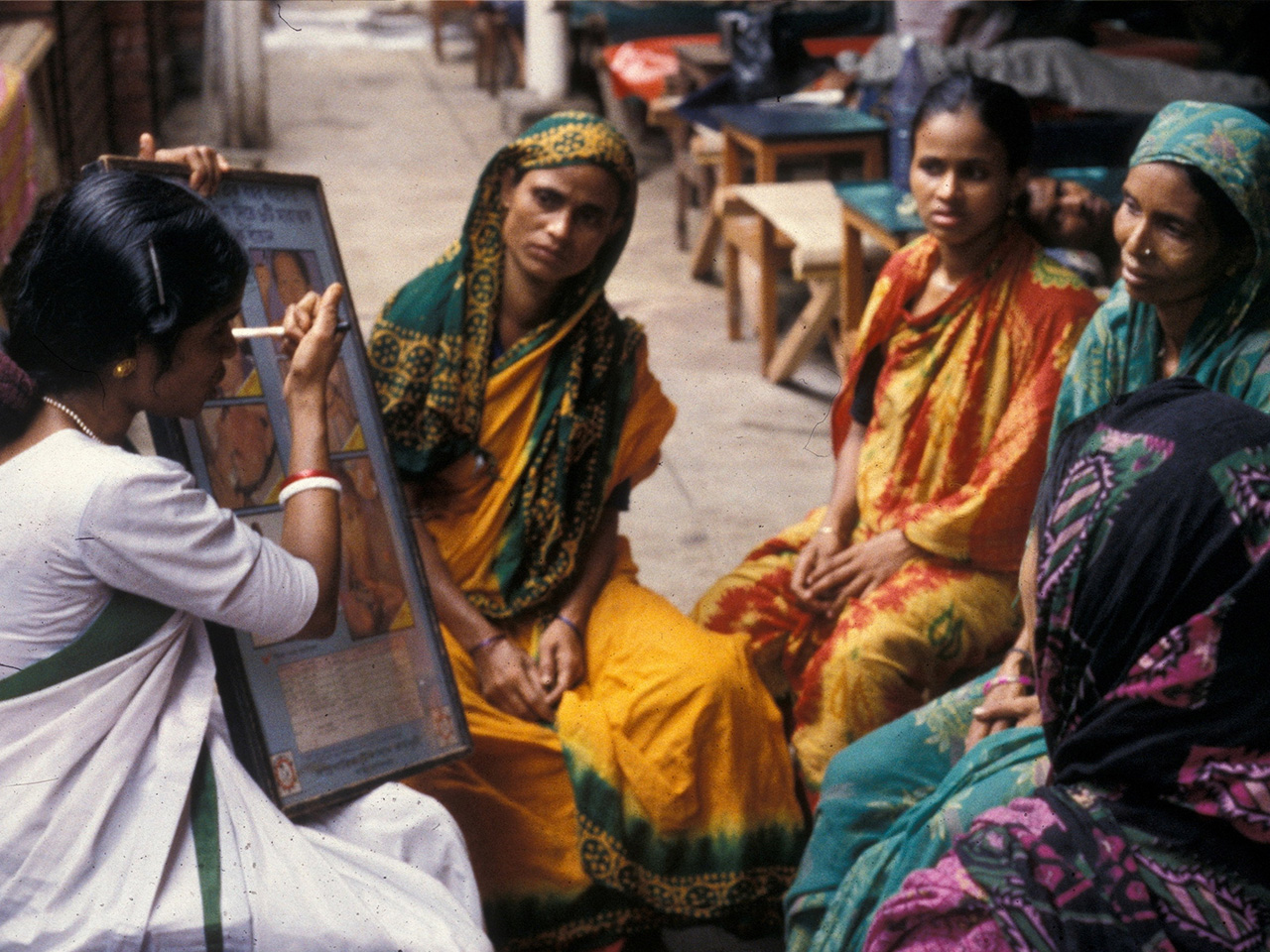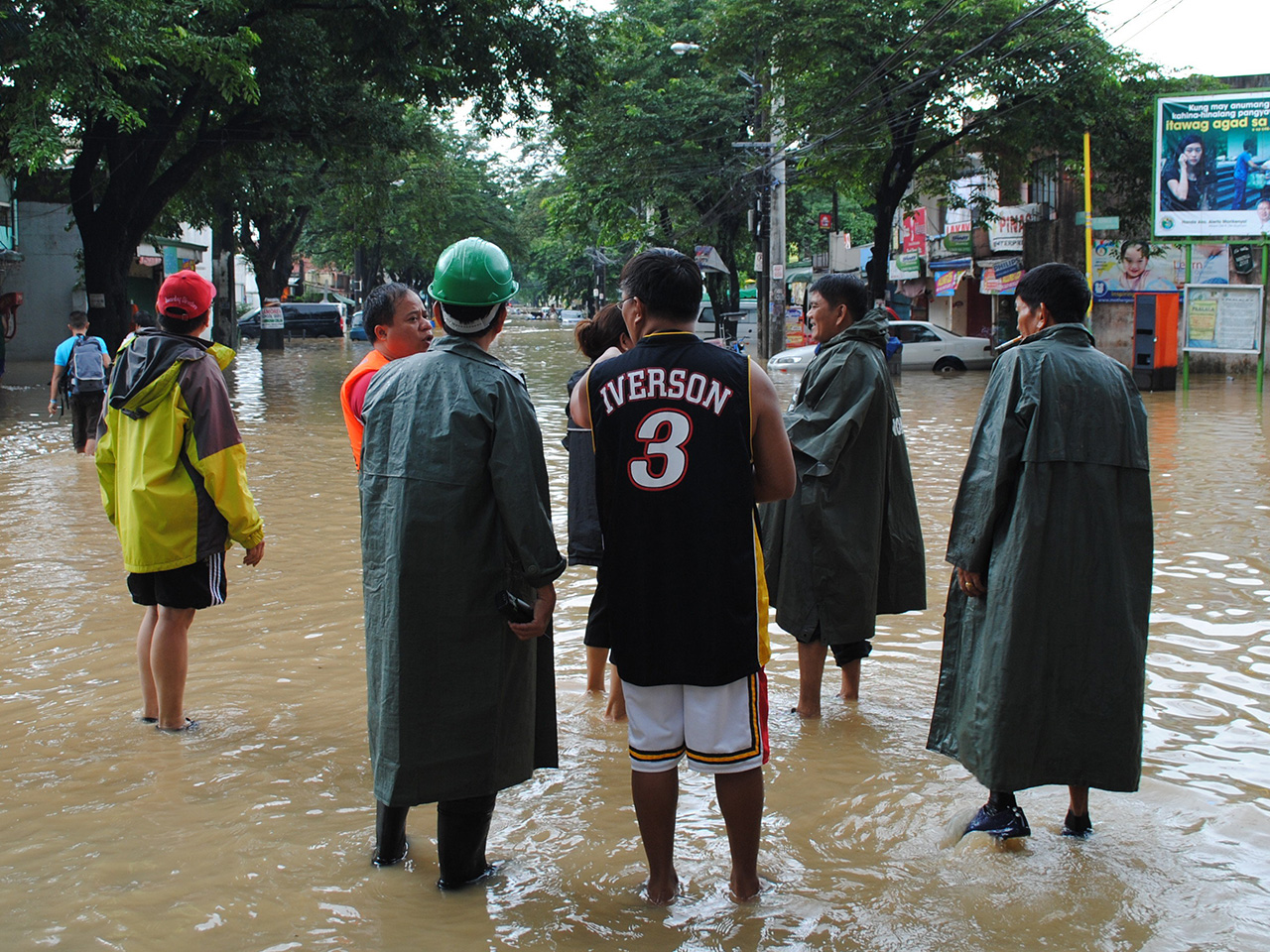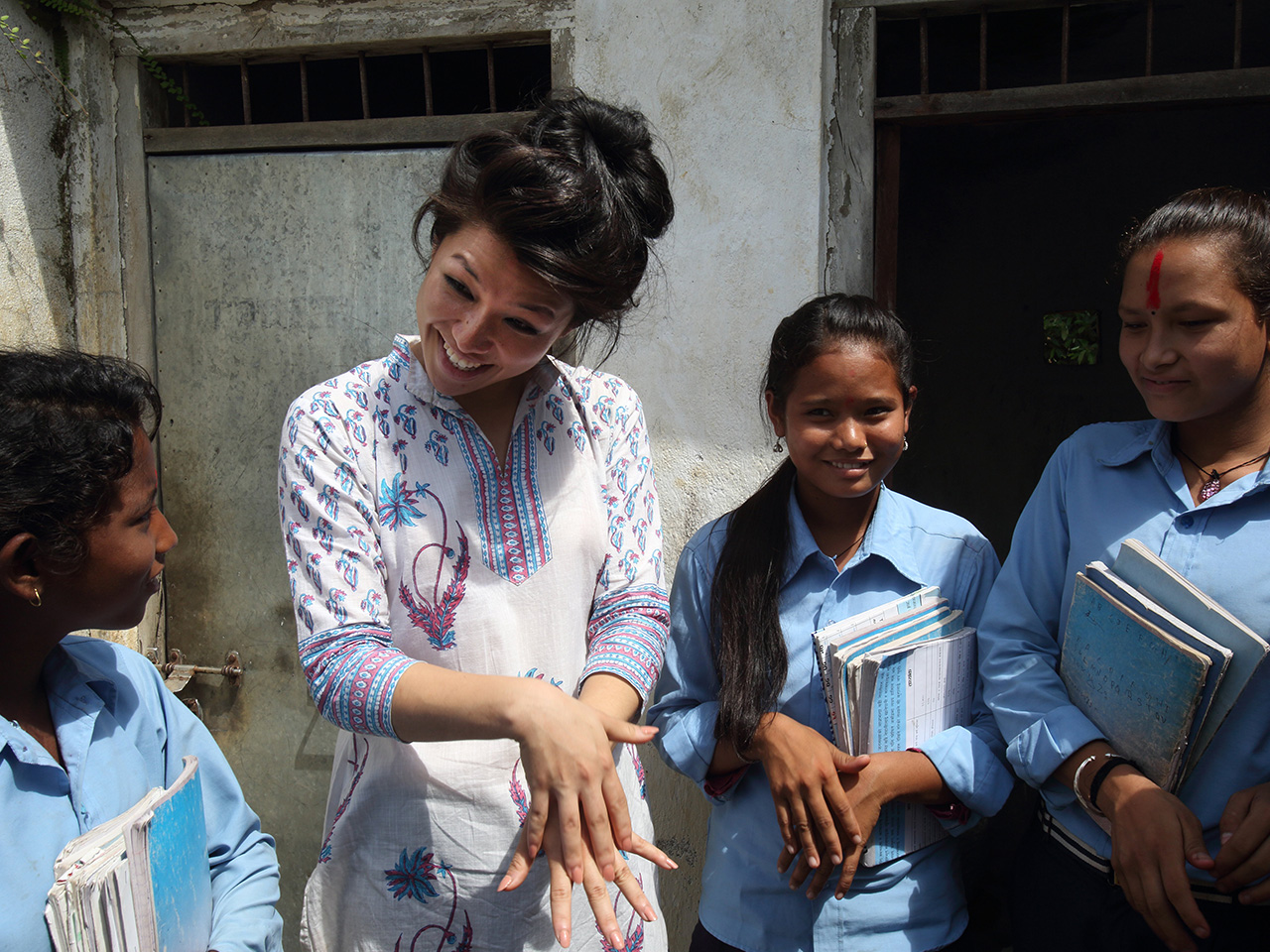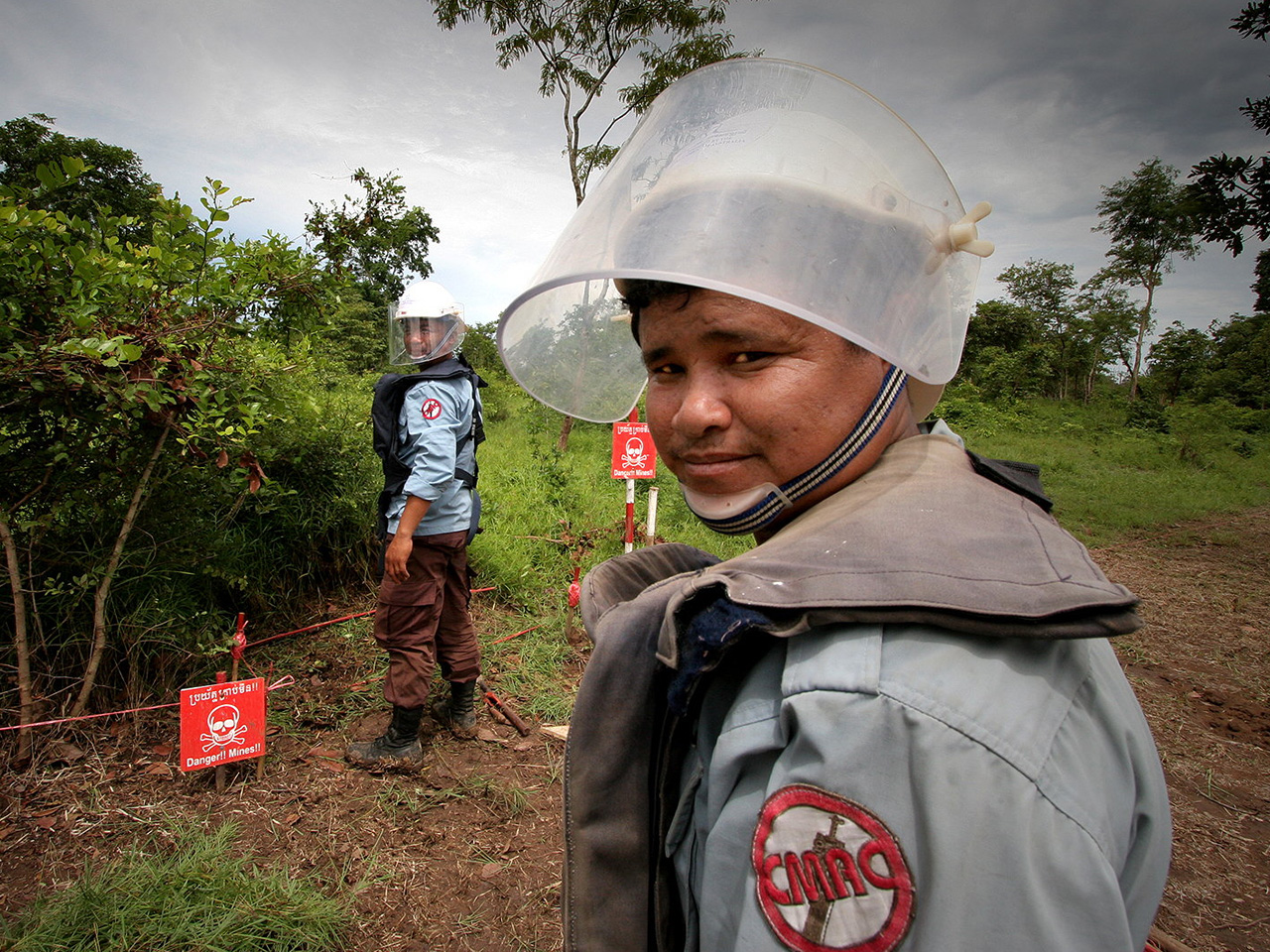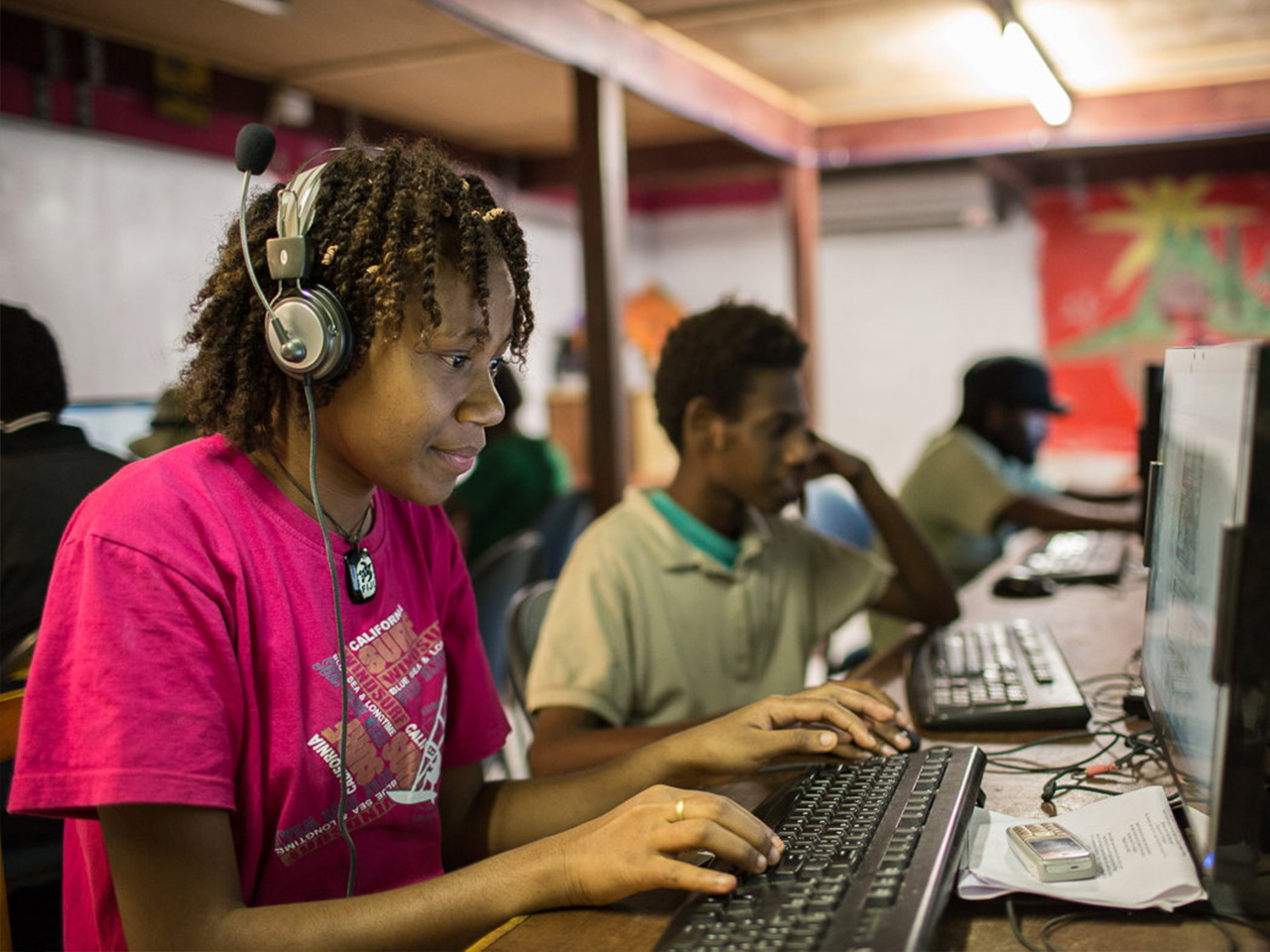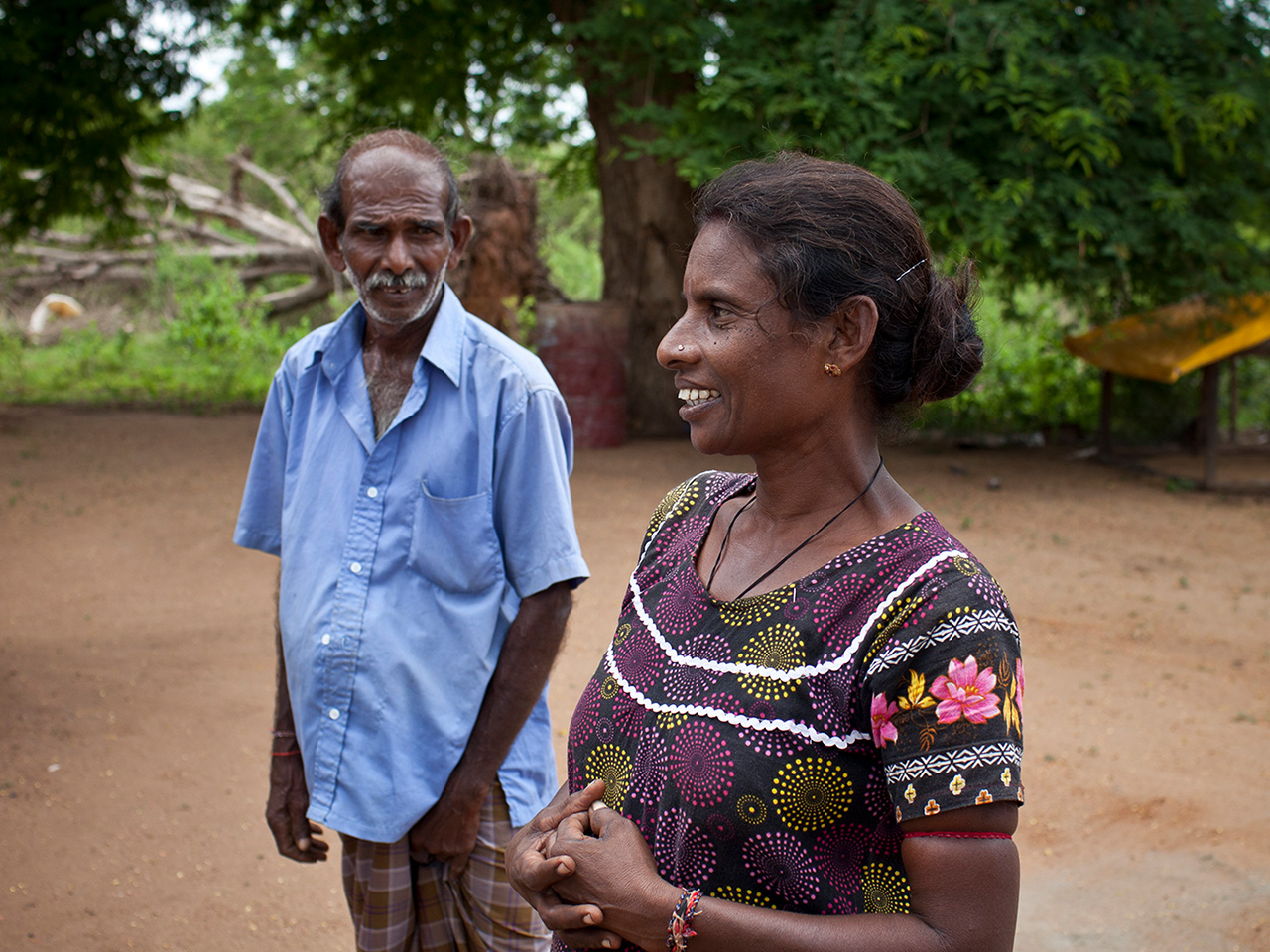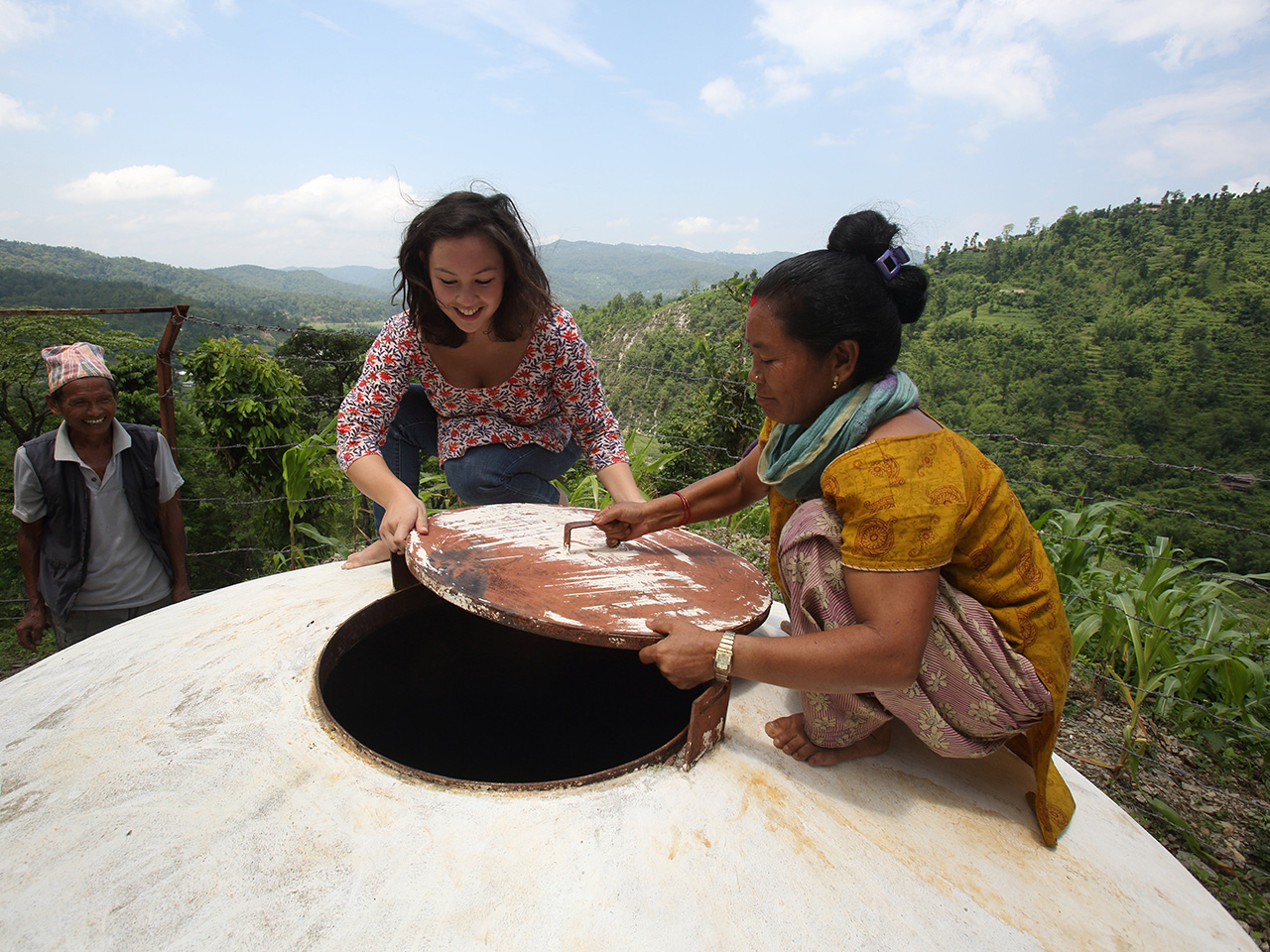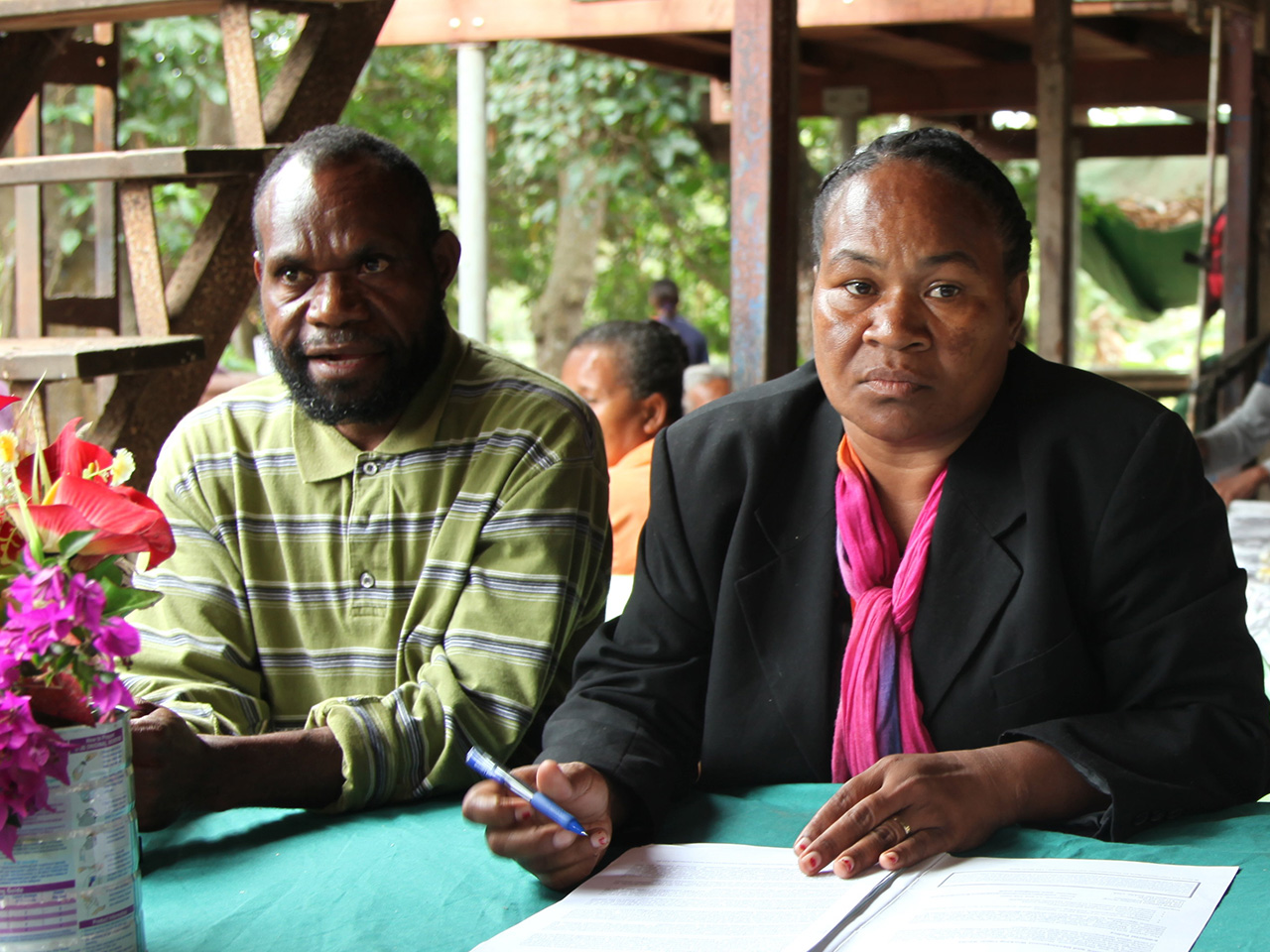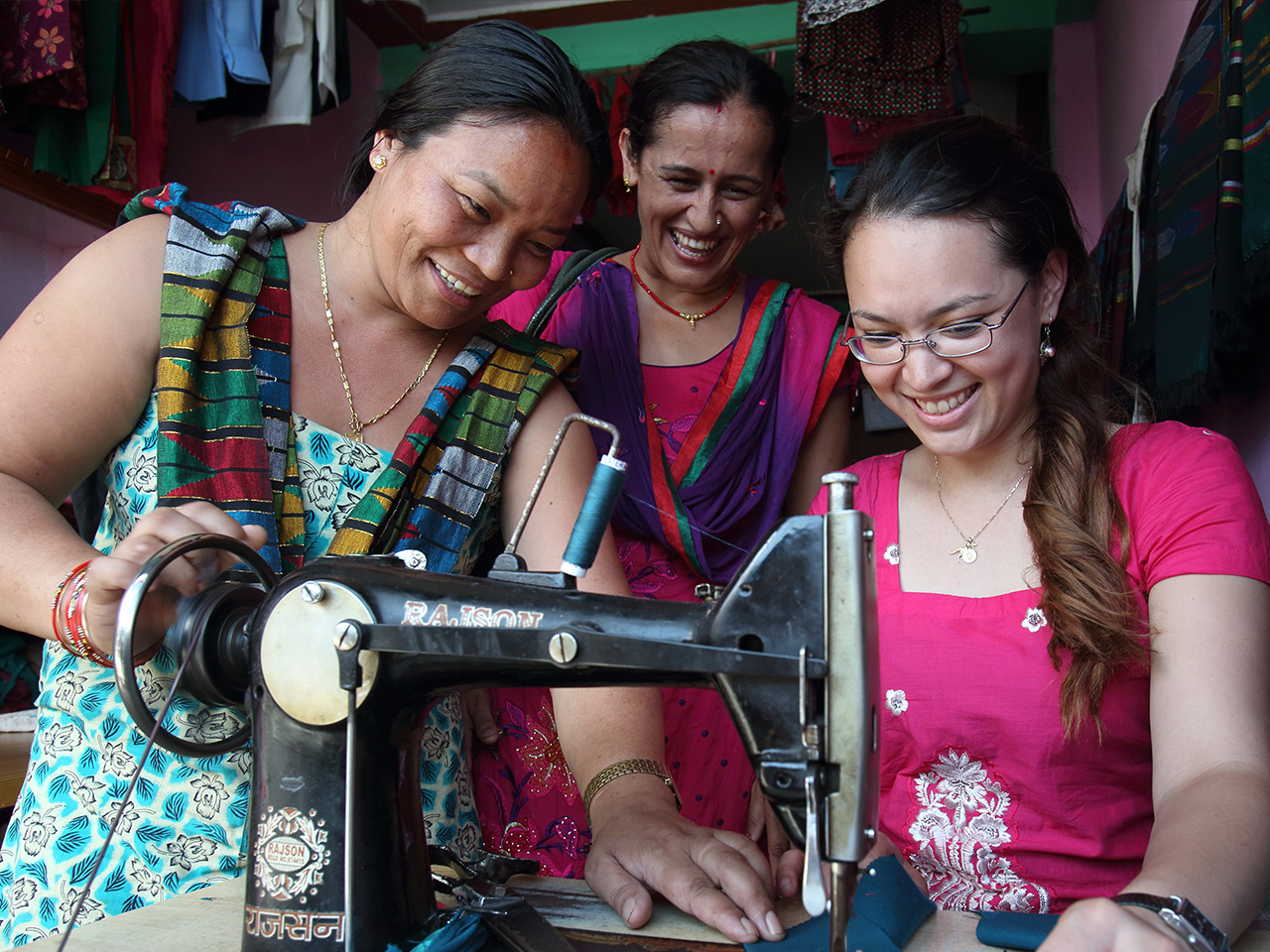The Support Unit for Gender Equality (SURGE)
closed on 31 December 2025.
This website will no longer be monitored or updated. For DFAT officers seeking gender technical assistance please contact the Gender Equality Branch (GEB) at GEDSI.GEB@dfat.gov.au
The SURGE Knowledge Hub is a curated library of gender equality resources to support users to improve their approach to gender equality in international development programming. Whether you are looking for DFAT guidance, how to apply an intersectional approach or need help integrating gender into your design, the SURGE Knowledge Hub is your one-stop-shop.
The Knowledge Hub is arranged by technical sectors and includes guidance and tools on assessment, design, evaluation, MEL and much more.
Result
Showing 24 of 35Multisectoral Nutrition Programming Guidance Note
Australia’s International Development Policy commits to supporting sustainable development and lifting people out of poverty. Sustainable development requires good nutrition.
Australia’s International Disability Equity and Rights Strategy: Advancing equity to transform lives
Australia’s new International Disability Equity and Rights Strategy continues our proud legacy of support for the rights of people with disability.
Australia–South Asia (Regional) Development Partnership Plan
Australia’s engagement in South Asia is characterised by strong people-to-people links, cultural ties and increasing trade and investment.
AUSTRALIA – PAPUA NEW GUINEA DEVELOPMENT PARTNERSHIP PLAN 2024–2029
Australia’s International Development Policy envisions long-term support for sustainable development, addressing partner needs, and reducing poverty.
AUSTRALIA – INDONESIA DEVELOPMENT PARTNERSHIP PLAN 2024–2028
The Australia–Indonesia Development Partnership Plan 2024–2028 (DPP) translates into action the development priorities shared between Australia and Indonesia.
AUSTRALIA – PHILIPPINES DEVELOPMENT PARTNERSHIP PLAN 2024–2029
The Australia–Philippines Development Partnership Plan 2024–2029 (DPP) translates into action the development priorities shared between Australia and the Philippines.
Australia’s Humanitarian Policy MAKING A DIFFERENCE FOR PEOPLE IN CRISIS
Australia’s Humanitarian Policy outlines how Australia will harness its resources and expertise to better prepare for and respond to humanitarian crises, now and into the future.
DFAT GUIDANCE NOTE: LOCALLY LED DEVELOPMENT
This guidance note is intended to communicate DFAT’s approach to enabling locally led development systematically across our development program, at the portfolio and investment level, and across th
Performance of Australian Development Cooperation Report 2022–23
The Performance and Delivery Framework (PADF) tracks key reforms and will improve how DFAT plans, designs and delivers its programs; communicates results; provides timely and transparent informatio
GENDER EQUALITY OUTCOMES GOOD PRACTICE NOTE
DFAT investments valued at $3 million and over must include a gender equality outcome (either end of program outcome or intermediate outcome).
Design and Monitoring, Evaluation and Learning Standards 2023
DFAT’s Design and Monitoring, Evaluation & Learning Standards (the Standards) are designed to support the whole program cycle in DFAT - from concept through to design and implementation includi
INTERNATIONAL DEVELOPMENT PROGRAMMING GUIDE 2024
The International Development Programming Guide (IDPG) is the key source of information for all DFAT officers (Australia-based and locally engaged staff) who are responsible for management of the d
